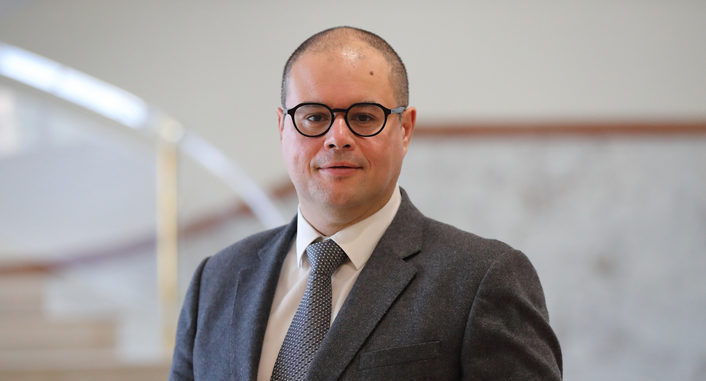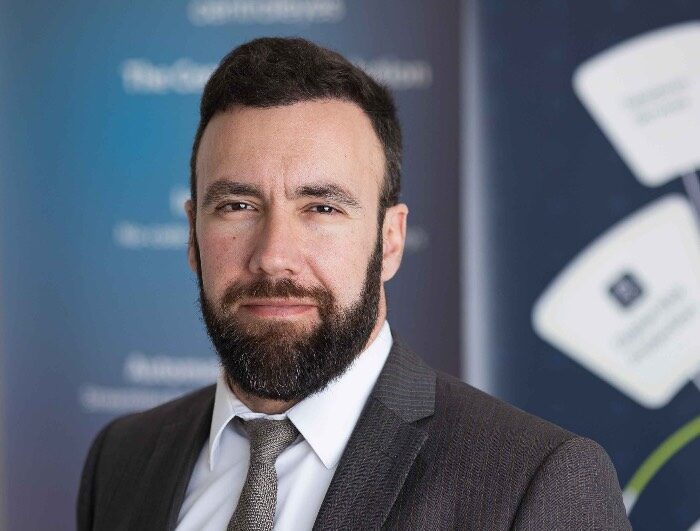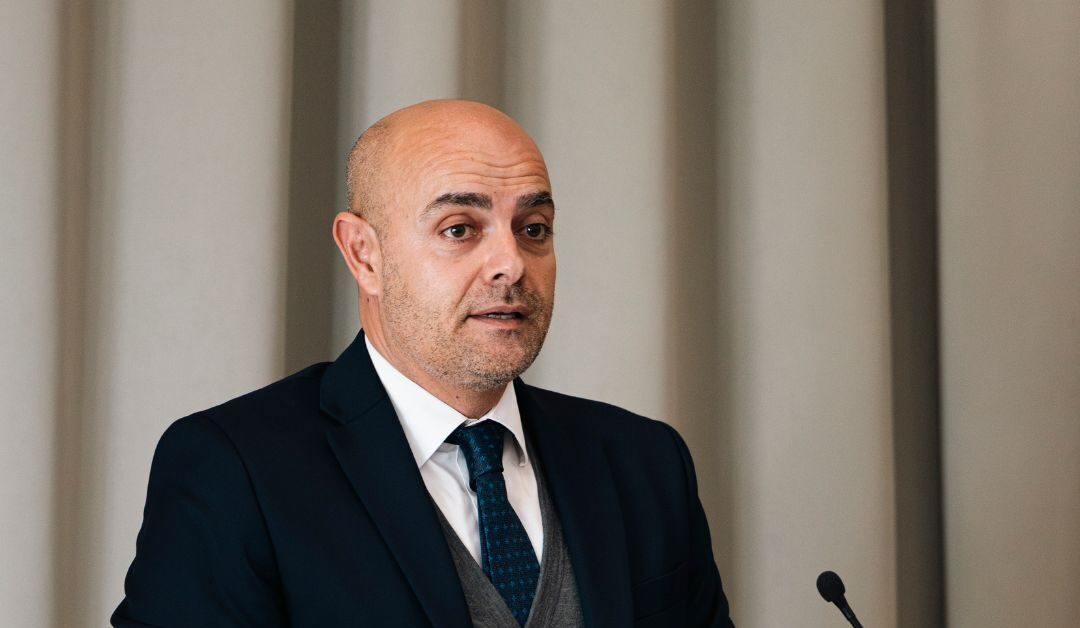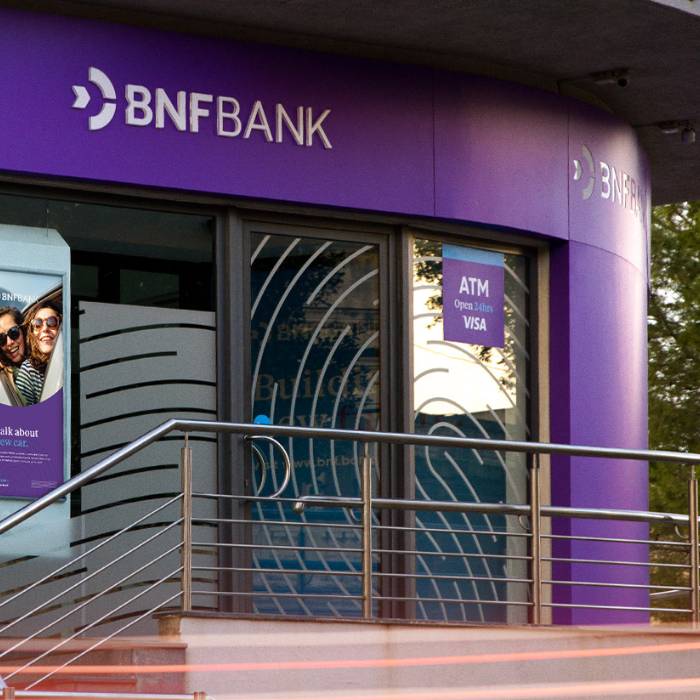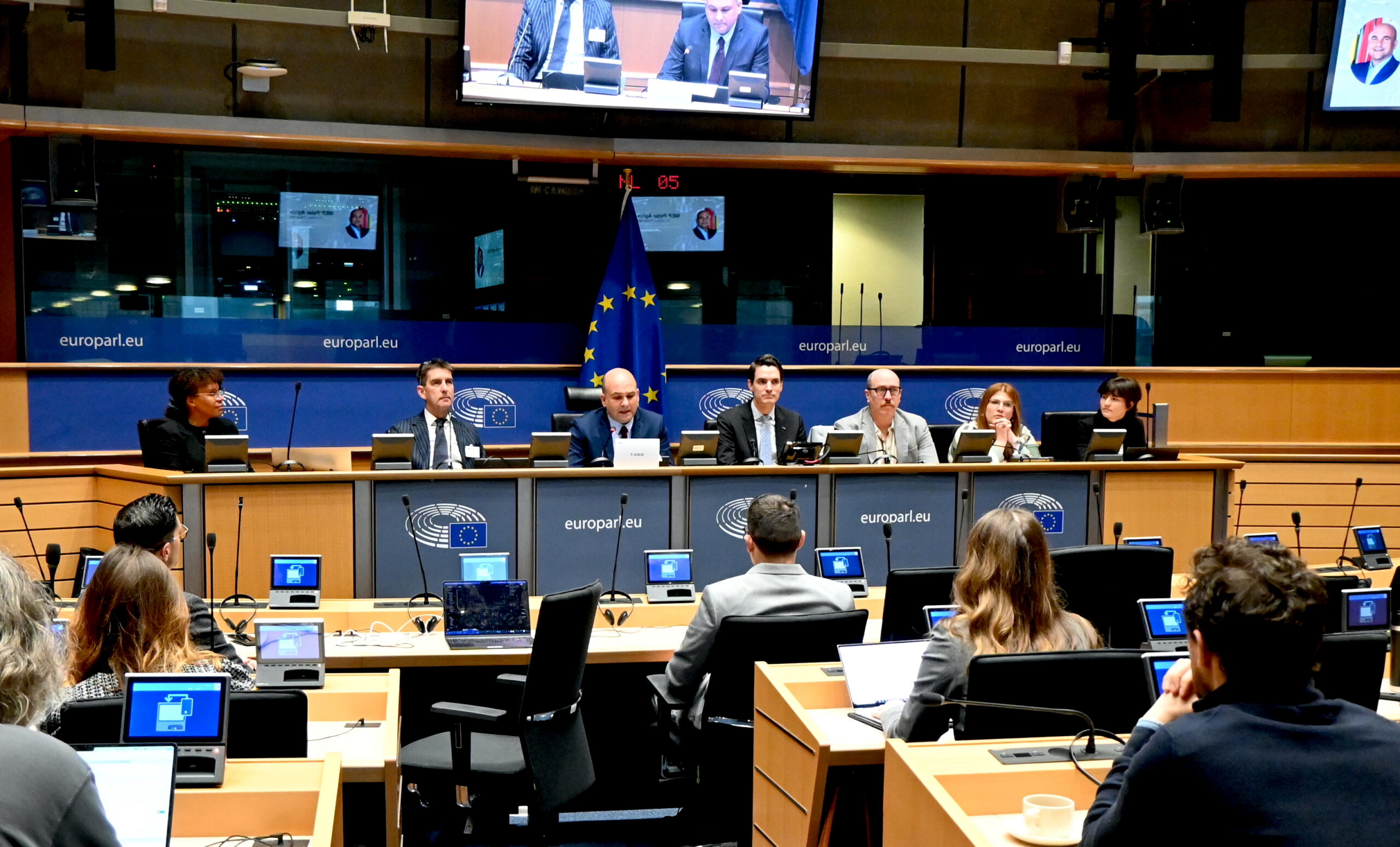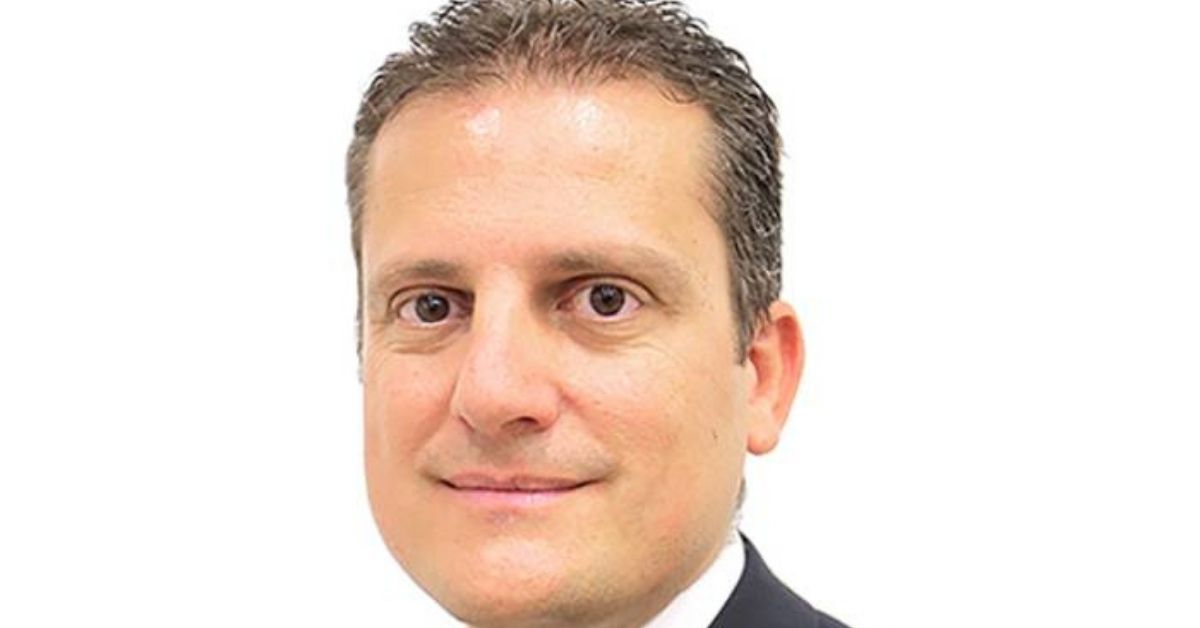In a status update on the Malta Financial Services Authority’s implementation of its 2019 Anti-Money Laundering/Countering Funding of Terrorism (AML/CFT) supervisory strategy, Malta’s financial regulator has emphasised the work it is carrying out to ramp up enforcement and supervision of anti-money laundering efforts.
“In under two years the MFSA has managed to build and train a team of 20 financial crime professionals and develop a framework around the assessment of risk and supervision,” says Anthony Eddington, Head of Financial Crime Compliance within the report.
Referring to this as “a radical improvement in the manner the MFSA, as a prudential supervisor, is involved in the supervision of AML/CFT compliance, in coordination and as agents of the primary financial crime regulators in Malta, the FIAU and the Sanctions Monitoring Board”, Mr Eddington affirms that the MFSA has managed to increase AML/CFT full-scope examination capacity from 25 in 2019, to 81 in 2020. Despite this, he continues, “our measure of success is not just numbers but rather an improvement in the compliance culture of financial services operators in Malta.”
The manner in which the MFSA is trying to achieve this, according to the Head of Financial Crime Compliance, is by focusing on areas which are known to have particular risks and vulnerabilities, and which the authorities wanted to improve industry standards on.
“Whilst the authority will clamp down on bad practices and conduct intrusive examinations, its focus is also to educate, and ensure that the industry understands what is expected by the regulators and that there is a genuine commitment to achieve this. An effective AML/CFT compliance culture for the country is a process that both the regulators and regulated entities need to work together on to achieve the desired outcome,” he continues.
Meanwhile, Chief Executive Officer ad interim & Chief Officer Supervision Dr Christopher P. Buttigieg maintains that the “thorough and holistic review of the MFSA’s supervisory and onboarding processes” has been the authority’s top priority for the past two years.
“It is critical for the MFSA and its national counterparts to keep up with existing and emerging criminal threats and vulnerabilities. It is our responsibility to ensure that market players implement a strong and effective compliance framework that deters and detects criminal infiltration,” he comments, adding, “our significant investment in financial crime compliance is necessary and vital for the integrity of Malta’s financial system.”
‘A necessary growing pain’: MIA CEO Alan Borg on airport expansion
He said the investment is necessary if MIA is to remain among Europe’s leading airports
BNF appoints new Chief Financial Officer and Chief Banking Officer
Nadia Miceli promoted to Chief Financial Officer, while Stewart Carvil appointed Chief Banking Officer
‘Cyber resilience isn’t about ticking boxes’: Malta and EU cybersecurity leaders convene in Brussels
Daniel Thompson-Yvetot, CEO of CrabNebula and co-founder of Comply.Land, warned that businesses risk being overwhelmed.
John Bonello Ghio appointed Chief Commercial Officer of Simonds Farsons Cisk
He has been tasked with driving growth across all commercial functions, strengthening market presence and leading brand and customer strategies.


